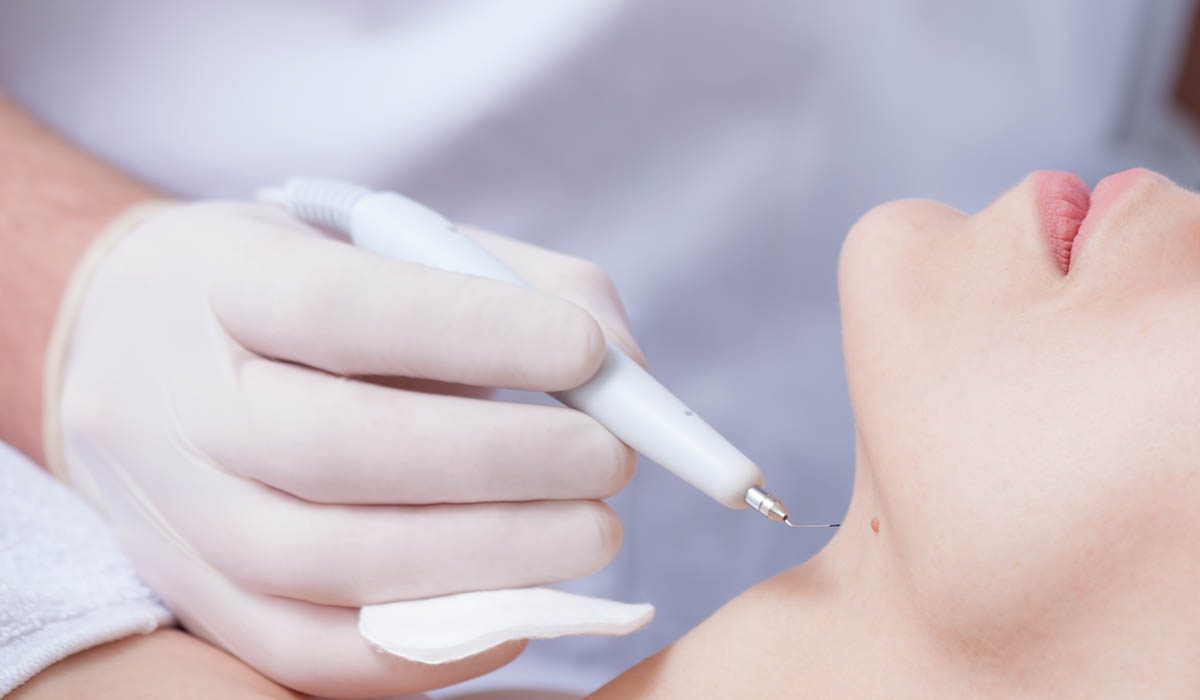Home » Dermatology Services » Warts

Medical Service Name – Warts
Warts constitute benign/noncancerous uneven clumps that appear on the surface of the skin. They emerge if HPV (human papillomavirus) enters a wound or cut in the skin and creates an infection. Any individual can get warts, but children tend to be susceptible to warts since they get many injuries. In addition, people with an autoimmune illness or impaired immunity, such as the elderly, are more vulnerable to this infection.
Types of Warts
Wart types differ based on the afflicted body part. Types of Warts include:
Possible Causes
When HPV penetrates a wound in the skin, it generates a skin contagion that develops warts. Warts are highly infectious. Its virus can transmit from person to person or from various parts of the body via:
Sign & Symptoms
Warts differ in how they appear or develop. They may take the shape of the following:
Diagnosis
Warts can be diagnosed by merely glancing at the lumps. To test for HPV, the doctor may take a sample of the skin growth (biopsy).
Treatment Options at 7DMC
Our aesthetic dermatologists would examine abnormal developments on your skin and assign a dermatologist according to your condition. The dermatologist will diagnose warts just by checking the bumps. Seldom, they may take a specimen of the skin lumps to test for HPV. Often, warts disappear after your defense system fights against the virus. However, since warts can induce pain and be hideous, your doctor may prescribe the following treatment:
The majority of warts are completely harmless. They usually go away on their own after a few months or years. However, you may want to treat them if they spread or cause discomfort or if you don’t like the way they appear. Warts can be treated in many ways.
Small, grainy skin growths commonly appear on your fingers or hands are known as common warts. Common warts are bumpy to the touch and frequently have a pattern of tiny black spots, which represent occluded blood vessels. A virus causes common warts, which are spread via contact.
If you don’t treat your warts, they’ll last for one to two years. The body will eventually detect the infection and fight it off, causing the wart to vanish. On the other hand, warts can quickly spread if individuals pick at them on the hands, feet, or face.
Near Dubai Miracle Garden,
Diamond Business centre A,
1st Floor,
Arjan, AI Barsha,
Dubai.
© Copyright Protected – 7 Dimensions Medical Centre
WhatsApp us